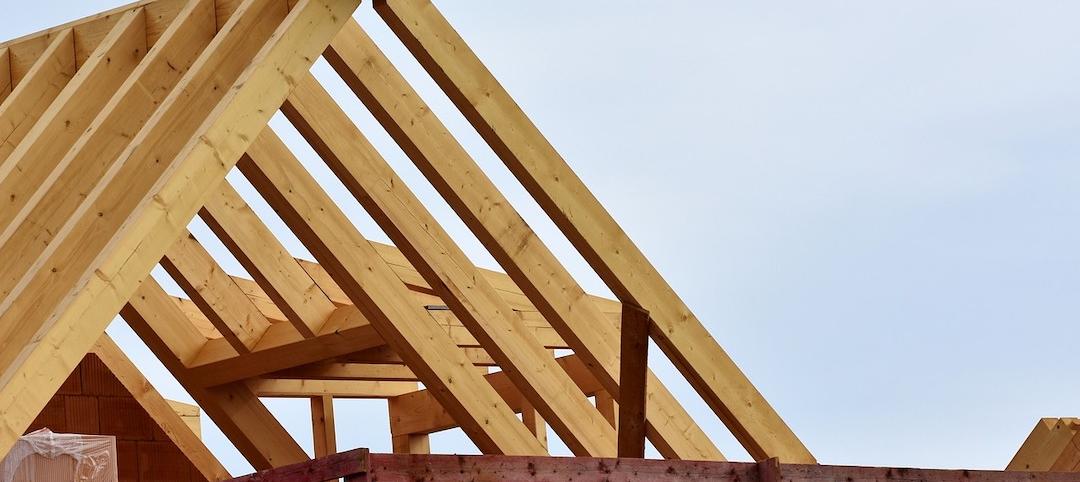FEMA’s new flood insurance plan will drastically raise the cost of insuring coastal properties.
Called Risk Rating 2.0, the recently released plan is widely believed to more accurately reflect flood risks. But it is also likely to lead to a decreased property values along with higher insurance premiums.
Risk Rating 2.0 is the first major update to the government insurance program’s risk analysis system since the National Flood Insurance Program emerged in the late 1960s. The old system provided a flat risk estimate for an entire floodplain. The new system estimates the individual risk facing each home, incorporating new data about water dynamics and replacement costs.
The old system did not consider the replacement cost of a house, so owners of low-value homes subsidized those with more valuable properties. Homeowners will now pay premiums for the specific flood risk for their home, rather than for their general area.
Related Stories
Codes and Standards | Oct 11, 2021
New program to promote mass timber construction launched in Boston
City’s planning and development agency to award grants for projects in early-stage planning.
Codes and Standards | Oct 6, 2021
Intl. Code Council publishes EV and building codes resource
Assists communities in setting policies for electric vehicle charging requirements.
Codes and Standards | Oct 5, 2021
Feds award $1 billion to renovate health centers
Funds will modernize existing infrastructure and cover other COVID-19-related capital needs.
Codes and Standards | Oct 4, 2021
Boston City Council approves mandate for major emissions cuts for large buildings
Applies to buildings 20,000 sf or larger—about 4% of city’s buildings.
Codes and Standards | Oct 4, 2021
HPD Collaborative and Green Seal to align standards
Will result in expanded options for manufacturers to enhance sustainability reporting and certifications.
Codes and Standards | Sep 30, 2021
U.S. has a deficit of 5 million homes
Builders unable to keep pace with demand.
Codes and Standards | Sep 29, 2021
Mass Timber group study will compare structural round timber to glulam products and steel
Will compare costs, capabilities, and carbon impacts of structural materials.
Codes and Standards | Sep 28, 2021
Massachusetts creates Commission on Clean Heat
First-of-its kind body to set targets for buildings to reduce emissions from heating fuels.
Codes and Standards | Sep 27, 2021
Commercial real estate industry faces SEC climate disclosure regulations
Risks associated with climate change would have to be revealed.
Codes and Standards | Sep 22, 2021
Group proposes Carbon Use Intensity metric for new buildings
Plan would track embedded carbon on projects.

















